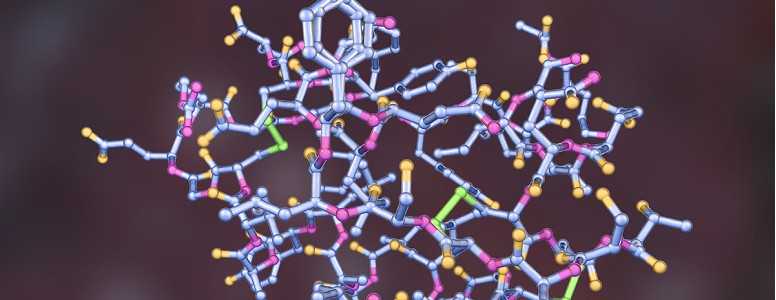A new discovery involving levels of specific molecules could help create a very early type 1 diabetes test for the future, researchers have said.
The study found that babies who later developed type 1 diabetes showed altered levels of certain metabolites in the blood.
At the moment the current early testing method relies on measuring two autoantibodies. However, these autoantibodies are rarely found in children younger than six months old.
The trial was funded by the type 1 diabetes charity JDRF and involved 120 young people from Finland. Blood samples were taken from the young participants from birth until the age of three.
The research team analysed the blood samples for metabolite levels. Metabolites are small molecules resulting from, for example, the breakdown and processing of food and other substances by the body.
The researchers grouped children based on whether they developed type 1 diabetes, tested positive for an autoantibody but did not develop the condition, or if they tested negative for any autoantibodies and did not develop type 1.
One of the metabolites of interest was methionine. Persistent raised levels of this amino acid was found to be a feature of the children that went on to develop type 1 diabetes. The researchers noted that this suggests disrupted methionine metabolism in these children.
The researchers were able to find differing levels of metabolites in the babies at just three months old, allowing for earlier testing of young infants than is currently possible with autoantibody tests.
The researchers concluded: “Our findings suggest that children who progress to type 1 diabetes have a unique metabolic profile, which is, however, altered with the appearance of islet autoantibodies. Our findings may assist with early prediction of the disease.”
The findings have been published in the Diabetologia journal.





